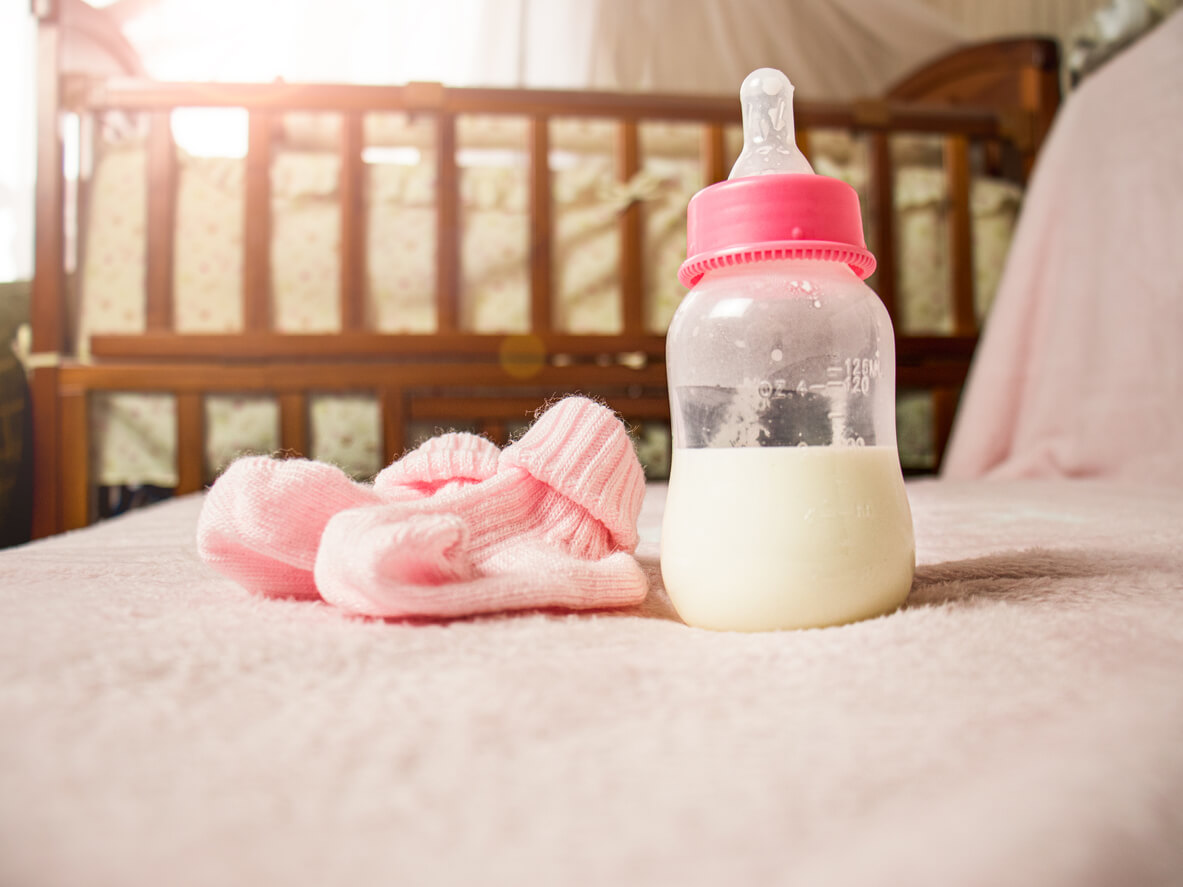FDA Authorizes Independent Study of Baby Formula Industry
Editors carefully fact-check all Consumer Notice, LLC content for accuracy and quality.
Consumer Notice, LLC has a stringent fact-checking process. It starts with our strict sourcing guidelines.
We only gather information from credible sources. This includes peer-reviewed medical journals, reputable media outlets, government reports, court records and interviews with qualified experts.

Amid mounting concerns surrounding the safety and regulation of U.S. baby formula manufacturers, the U.S. Food and Drug Administration recently announced an independent study that will examine the industry.
The study will be conducted by the National Academies of Sciences, Engineering and Medicine and sponsored by the FDA. Once complete, a report will be sent to Congress and the FDA.
The committee will assess and evaluate the following:
- Challenges in supply, or market competition.
- Characteristics of the U.S. infant formula market.
- Differences in how the baby formula is marketed in the U.S. compared to the European Union, including nutritional content, labeling and regulatory requirements.
- Diversity of manufacturers.
- Manufacturing processes.
The study is part of the broader Food and Drug Omnibus Reform Act of 2022, which granted more power to the FDA to perform inspections nationally and abroad. Congress also directed the FDA to compile the Immediate National Strategy to Increase the Resiliency of the U.S. Infant Formula Market, guidance it released in March. The information uncovered in the NASEM study will be used to later develop a long-term national strategy, according to the FDA.
“Infant formula supply is highly concentrated in a small number of manufacturers, which means that if there is a problem in production in one company, the overall supply can be significantly affected,” the FDA strategy report noted. “In 2022, four companies controlled 99% of the infant formula market.”
Baby Formula Shortage Leads to Reform
This announcement comes on the heels of a turbulent year in which the industry was fraught with recalls, contamination incidents and a months-long baby formula shortage.
“The infant formula shortage in 2022 was caused by multiple factors and influenced by others,” including the COVID-19 pandemic supply chain issues, the FDA wrote in the National Strategy report.
“Most acutely, the combination of insanitary conditions in the Abbott Nutrition Sturgis, Michigan facility, the significant reliance on this single facility for both routine and critical specialty formulas, the firm’s lack of capacity for back-up production of specialty formulas, and inadequacy of redundancy plans for production of powdered formula, created a ‘perfect storm’ resulting in the supply chain disruption in 2022 that affected the entire U.S. market,” according to the report.
Harmful Bacteria Prompts Recalls
Leading manufacturer Abbott Nutrition, maker of Similac, EleCare and Alimentum baby formulas, recalled seven million pounds of formula products in February 2022 and closed its facilities after receiving consumer complaints related to Cronobacter sakazakii and Salmonella Newport contamination.
Both bacteria are harmful, and potentially deadly, to babies. Parents have begun filing baby formula lawsuits against the manufacturers.
In February, Reckitt, another major American baby formula manufacturer, recalled its Enfamil ProSobee Simply Plant-Based Infant Formula over Cronobacter contamination concerns. The FDA later confirmed to Politico it had known about the positive Cronobacter test results at Reckitt since November, months before the recall.
New FDA guidance for baby formula manufacturers asks for contamination issues to be reported to the agency, even if the product is destroyed and does not make it to market.
“The FDA is committed to working with our government partners to improve the resiliency of the infant formula supply and to ensure that consumers have the utmost confidence that infant formula available in the U.S. is safe and nutritious,” the FDA said in a statement.